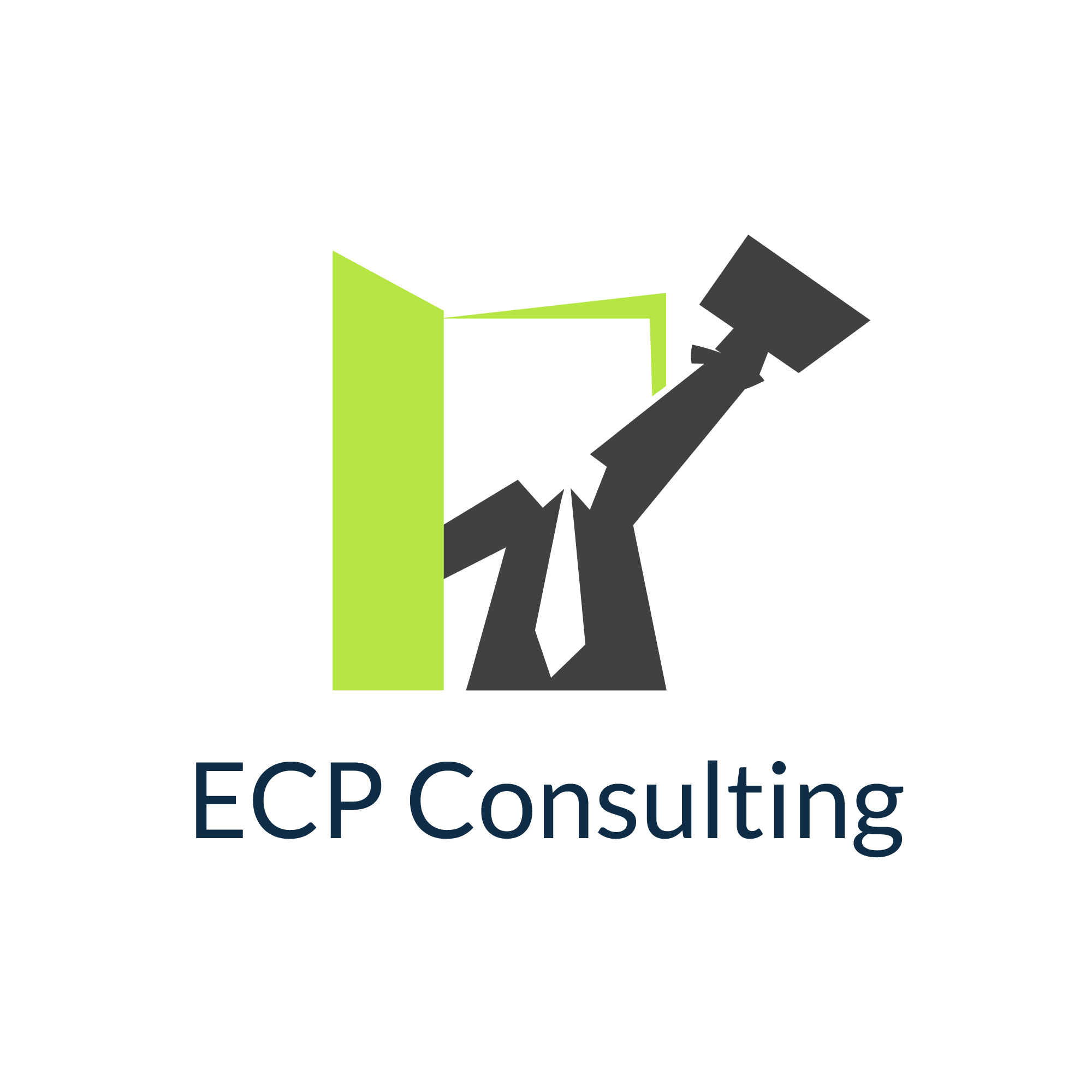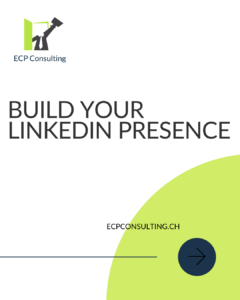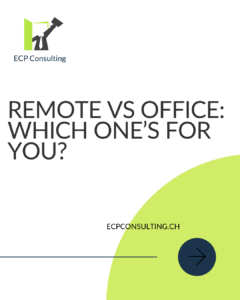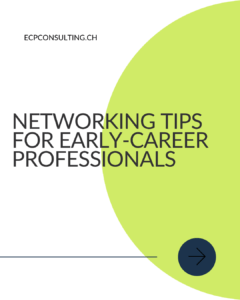In 2025, early career professionals (ECPs) are entering a work landscape that looks nothing like what their parents or even older siblings experienced. With remote work normalized, hybrid options becoming mainstream, and some companies pushing for a return to the office, choosing a “first workplace” has become a more complex and more personal decision than ever before.
So, what factors are shaping these choices? And how can employers and job seekers alike make informed decisions in this shifting environment?
Remote Work: Freedom with Trade-Offs
Why Some ECPs Love It:
- Geographic freedom – live anywhere, often with a lower cost of living.
- Schedule flexibility – more autonomy in structuring the day.
- Focus-friendly environments – fewer office distractions.
Challenges:
- Isolation – no “accidental learning” from hallway chats.
- Visibility concerns – fear of being overlooked for growth opportunities.
- Harder onboarding – especially without strong systems in place.
Typical ECP sentiment:
“I love the independence, but sometimes I feel like I’m learning in a vacuum.”
Hybrid Work: The Emerging Sweet Spot?
Why It’s Gaining Popularity:
- Best of both worlds – flexibility with in-person mentorship.
- Structured collaboration – face time for team building and learning.
- Gradual professional socialization – adapting to workplace norms over time.
Challenges:
- Unequal access – hybrid isn’t the same everywhere.
- FOMO or fatigue – being “on” at the office and feeling disconnected at home.
- Logistics – commuting a few days a week can still be costly.
Typical ECP sentiment:
“I like being in the office sometimes, especially for feedback and shadowing. But I still want a life outside of work.”
Office-First: A Return to Structure
Why Some Still Choose It:
- Hands-on mentorship – real-time feedback, spontaneous learning.
- Clear boundaries – home is for life, office is for work.
- Networking – easier to build relationships early on.
Challenges:
- Commute fatigue – especially in expensive urban areas.
- Lack of flexibility – can feel overly rigid for Gen Z workers.
- Work-life balance strain – especially without purposeful culture.
Typical ECP sentiment:
“Being there helps me learn fast, but I wish there was more flexibility.”
📊 What the Data Shows (2025 Trends)
- 73% of Gen Z job seekers prefer hybrid roles.
- 28% say in-person mentorship was critical in their first year.
- 61% would trade salary for flexibility in location or schedule.
- Top factors influencing workplace preference: mental health support, learning opportunities, and sense of belonging.
How to Choose What’s Right for You
Ask yourself:
- Do I learn better through direct, in-person interaction or independent exploration?
- How important is flexibility to my lifestyle right now?
- What level of structure helps me thrive?
- Will I get mentorship and visibility in a remote setup?
Final Takeaway
There’s no one-size-fits-all answer anymore. Your first workplace experience should match your values, learning style, and personal goals. Whether it’s remote, hybrid, or office-first, what matters most is choosing an environment where you feel supported, seen, and challenged to grow.
For employers, that means designing flexible, intentional environments and being transparent about them.
For early career professionals, it means doing the research, asking tough questions, and trusting your instincts.
Need help navigating your early career path? At ECP Consulting, we help early professionals and employers build partnerships that work for today and grow for tomorrow.



